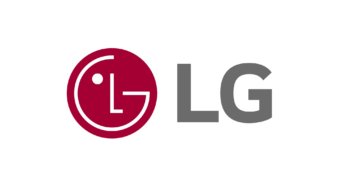With Nigeria’s energy crisis worsening, experts agreed that, without swift implementation of a Renewable Energy Act, the country risks stalling its transition to sustainable energy.
This is even as they are now urging the government to move from policy discussions to actionable enforcement strategies that will drive real change.
Stakeholders, at a webinar hosted by the Consumer Advocacy and Empowerment Foundation (CADEF), on Thursday, stressed that, while policies like the National Energy Policy (2022) and the Renewable Energy Master Plan (2011) exist, their lack of implementation continues to hinder the country’s transition to clean energy.
Executive director of CADEF, Professor Chiso Ndukwe-Okafor, highlighted the urgent need for a unified framework that enforces standards and incentivizes adoption, while pointing out that, CADEF’s survey revealed a critical gap between existing policies and their implementation, a concern echoed by other experts during the webinar.
“One thing we found out when we did our survey, was that different policies are in place, but there are gaps in implementation, she said.
Professor Ndukwe-Okafor emphasised the need for a unified policy framework that includes incentives for both vendors and consumers. “It’s a focus we hope to address in the future on how to bring all of these policies together and have one comprehensive policy that also include tax breaks and incentives, not only for the vendors or importers, but also for the installers and for the adopters,” she advocated.
She highlighted the importance of tax breaks for businesses transitioning to solar power, suggesting that such incentives could help them recover the costs of installing renewable energy systems. “We are trying to encourage people, if you’re telling a business person to have a solar powered, then give them a tax break. There are ways you can give them a couple of years tax break so that they can recover from providing their own energy,” she noted.
A renewable energy consultant, Dr. Segun Adaju, emphasised that, Nigeria must follow the example of countries like Ghana and Kenya, where a legally enforced Renewable Energy Act has driven significant progress. “We have policies, but enforcement is the issue. Without clear implementation strategies, standardization remains weak, and substandard products flood the market,” he warned.
To address this, stakeholders are pushing for stricter regulatory measures, including: mandatory product certification and testing facilities to ensure quality control; stronger importation regulations to prevent substandard solar panels and batteries from entering the market and enforced grid integration standards that enable net metering, allowing consumers to sell excess energy back to the grid.
An investor, engineer Chinedu Okwaraoka stressed the importance of consumer education alongside policy enforcement. “Consumers must be equipped to identify quality products. Certified products from recognized bodies like UL and IEC provide assurance, but regulation must ensure only approved products are in the market,” he stated.





